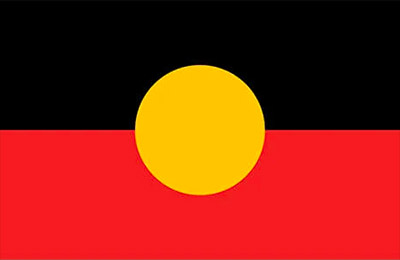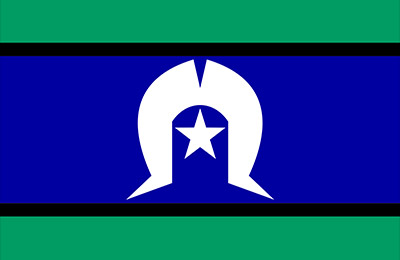Women and girls continue to face new and ongoing health and wellbeing challenges. Western Australia has some great health services that are helping people in our community achieve good health outcomes and longevity. However, we recognise that there are differences in health outcomes – between women and men and between different groups of women and girls within our State.
Women’s community health services play an important role in our community and offer a variety of services and health promotion based on the needs of women and girls in their local community. Women’s health services work within the social model of health, the same model we work within at the Centre, and recognise that the social determinates of health are mostly responsible for health inequalities. We recognise that violence against women is a powerful social determinate of women’s health.
Women’s community health services increase access to services for vulnerable, marginalised and disadvantaged women with significant health complexities and experiences of violence. Women’s health centres promote the view that gender equality is needed to prevent violence against women and that the use of gender transformative health messages has a positive outcome. It is understood that education addressing knowledge, attitudes, self-determination and impact on health literacy is required. Women’s health services provide a safe space, use trauma informed models and frameworks, and have specialist staff in the areas of family and domestic violence and sexual health.
The social model of health is based on the accepted premise that the health of individuals, families and communities is understood within the broader context in which people live. This model recognises the impact of social, environmental, economic, biological and gender factors on health outcomes, and that the social determinants of health are largely responsible for health inequities.

The World Health Organisation defines the social determinates of health as the conditions in which people are born, grow, work, live, and age, and the wider set of forces and systems shaping the conditions of daily life. The social determinates of health are the non-medical factors that influence health outcomes, including:


The Centre for Women’s Safety and Wellbeing acknowledges Aboriginal and Torres Strait Islander peoples as the Traditional Custodians and first peoples of Australia. We recognise the impacts of colonisation and dispossession and the contemporary disadvantage experienced by Aboriginal and Torres Strait Islander peoples. The Centre for Women’s Safety and Wellbeing is committed to working alongside Aboriginal and Torres Strait Islander women and men to end violence against their women and children in Western Australia.
The Centre for Women’s Safety and Wellbeing acknowledges the strength and resilience of adults, children and young people who have experienced family and domestic violence. We pay respects to those who did not survive and acknowledge the families, friends and communities who have lost loved ones to this preventable and widespread issue. We are committed to ensuring responses to family and domestic violence are informed by lived experience.
The Centre for Women’s Safety and Wellbeing recognises, welcomes and respects people of diverse gender, sex and sexuality. We are committed to greater inclusion of lesbian, gay, bisexual, transgender, intersex and queer people (LGBTIQ).



Use the quick exit button on the top right, or:
On a mac, press ⌘ and W together
On a windows, press Ctrl and W together
To remove all traces of you visiting this website, please clear your browser history.
To learn how to clear your browser history, please click here.